Author: Carol Pages, Pages Family Law.
On 6 May 2024 some significant changes were made to the Family Law Act in relation to parenting matters, especially parenting orders. The obligations in relation to mediation prior to making a Court application, and attempting to resolve disputed parenting matters remain the same.
So, what do the changes look like a year later, and how have these been working in practice?
Parental Responsibility
Parental responsibility is all the duties, obligations and responsibilities that a parent has in relation to a child. Parents remain legally responsible for their children unless a parenting order says otherwise. In the context of parenting orders, parental responsibility means decisions about the major long-term issues in a child’s life such as education, health, religion, and the child’s name.
One of the biggest changes was the removal of the presumption of equal shared parental responsibility (ESPR). Most orders we do are by agreement between the parties, including where the matter is in Court, and most of these included ESPR. Orders for ESPR led to other compulsory considerations set out by the Act.
ESPR is gone as a starting point, and parents have a blank slate, with considerations of what is in the best interests of their children rather than following the pathway previously in the Act.
In practice it has led to more discussion around what fits that child’s or family’s needs. We are seeing more of a division of parental responsibilities than before where it was either ESPR or an application for sole parental responsibility. This has changed to more customised orders for parental responsibility. For example, that the parents have joint decision making responsibility in relation to major long-term decisions, and one parent has decision making responsibility in relation to a particular area, such as health.
New best interest of the child factors
The list of factors relevant to what determines a child’s best interests is a lot shorter and clearer.
The focus areas are safety, the views and needs of the child, the capacity of the parents and carers to provide for the child’s needs, benefit of maintaining relationships with parents and others, and any other relevant circumstances.
More emphasis on safety
There is an increased focus on general safety of children and their carers when considering making the right parenting order.
Independent children’s lawyers (ICLs)
ICLs, when appointed in a parenting matter in the Court, must meet with the children and communicate the children’s views.
ICLs play a very important role in contested parenting matters. Unlike the lawyer or for a parent or other person seeking parenting orders, they focus entirely on being a ‘best interests advocate’ for the child. Typically they subpoena documents from relevant organisations such as schools, doctors and counsellors, which are considered alongside specialist reports prepared throughout the matter in their submissions in proposing orders in the best interests of the children.
The impact of a meeting between the children where age appropriate can have an enormous impact on the next steps in a contested parenting matter, and assist in preparing interim or final orders, to progress the parenting matter.
_________________________________
The content of this article is provided for information purposes only and does not constitute legal advice. We recommend that you seek legal advice relevant to your own circumstances and we would be happy to assist you.
Carol Pages is the Principal of Pages Family Law and an Accredited Specialist in Family Law and a Nationally Accredited Mediator. If you would like advice about your own separation, please contact Pages Family Law at info@pagesfamilylaw.com.au or on 03 9121 8077 or book a 15 minute free discovery call via our website.

